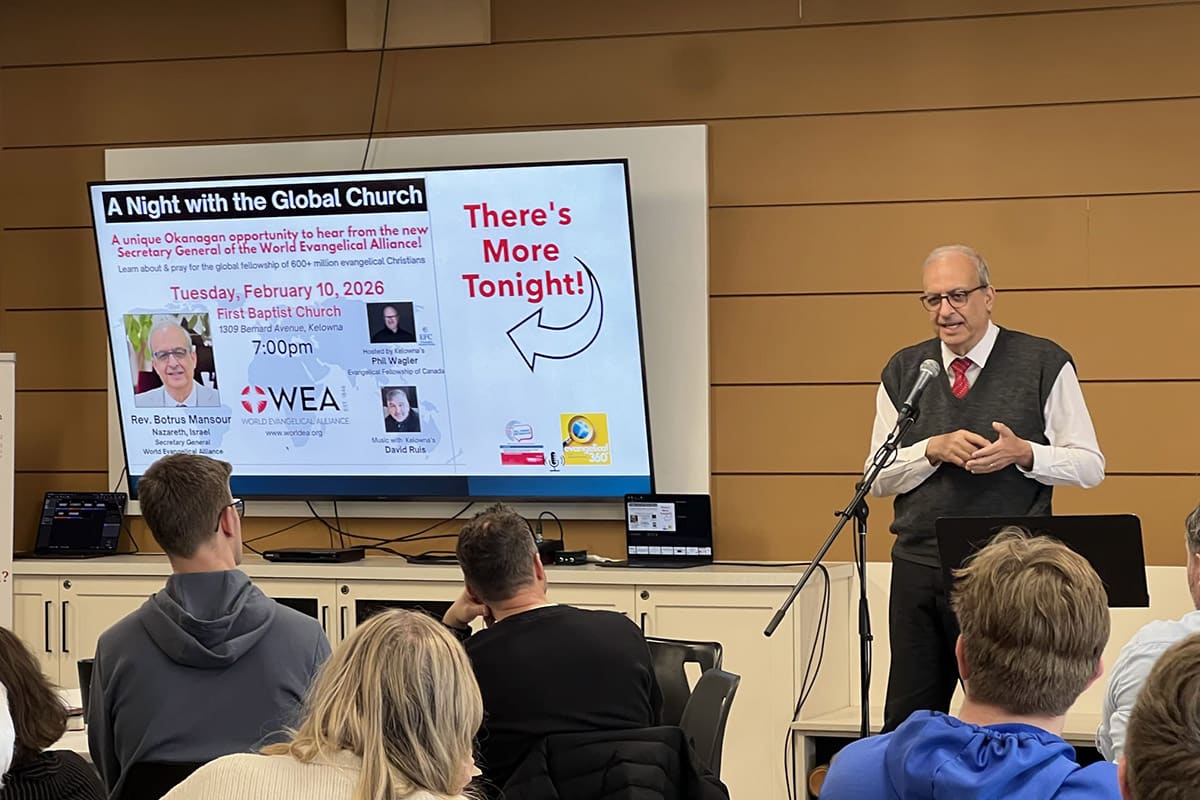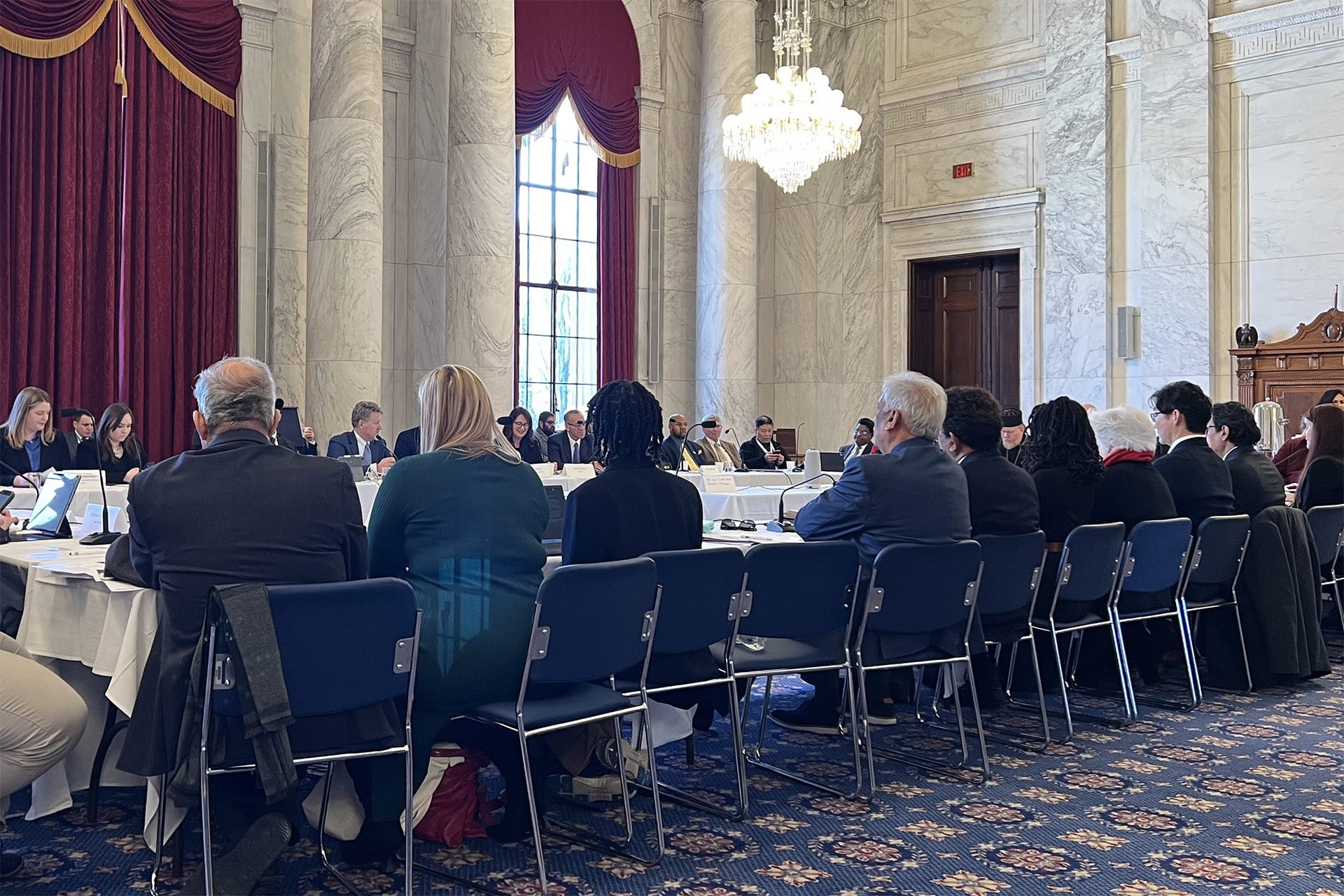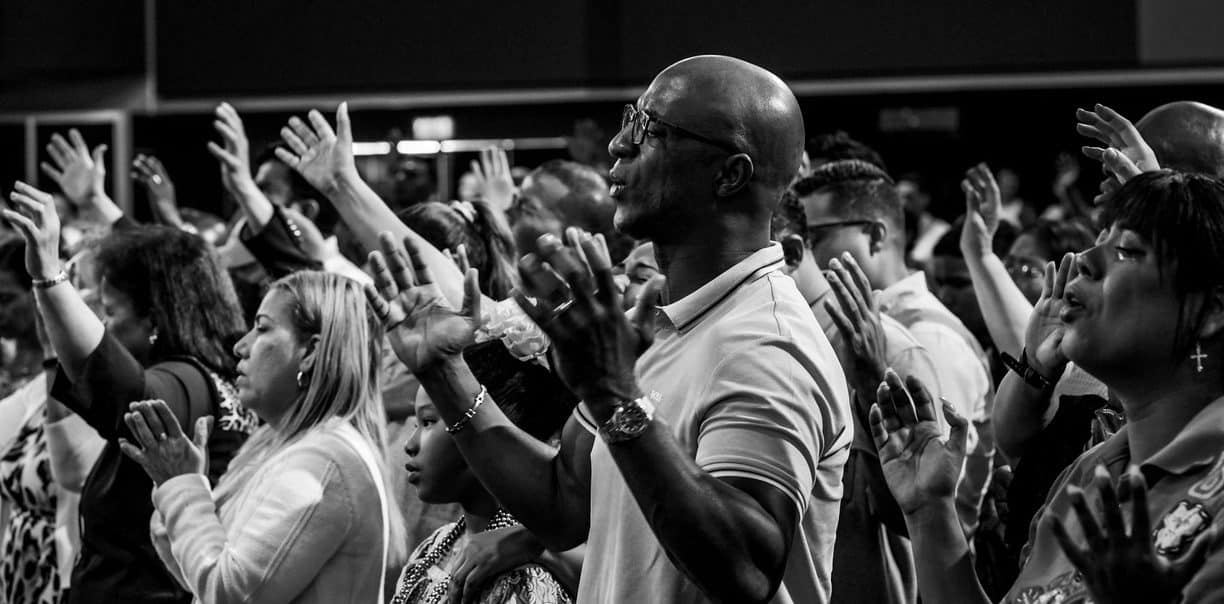How urgent the problems in our world and how old-fashioned the proposed solutions at the World Economic Forum in Davos. Loss of trust and loss of faith may go hand in hand.
Johannes Reimer, Professor Extraordinarius of Mission Studies at the University of South Africa (UNISA).
Restoring trust – should AI do it?
These days, the world’s powerful people from politics, business and society are once again gathering in Davos, Switzerland, from January 15-19 for the 54th World Economic Forum (WEF).
This year’s theme is Rebuilding Trust. Representatives from over 100 countries and all major multinational companies, as well as leading figures in society, have registered. Obviously, our world is suffering from a massive loss of trust between peoples, cultures, social structures, economic systems and simply between people. And the wars in Ukraine, Israel/Gaza, Armenia and elsewhere bear witness of this.
It strikes me again how urgent the problems mentioned and how old-fashioned the proposed solutions are. Once again, nothing new under the sun? Yes, we have decided to talk about artificial intelligence (AI). It is supposed to navigate our mother ship Earth through difficult waters in the difficult future. Really?
And also new, according to the German news magazine Focus, is the army of prostitutes that is active in Davos. According to an article, the prostitutes have more to do this year than ever before. The escort services for the powerful participants of the WEF are fully booked.
The problems of the world don’t seem that urgent to the ladies and gentlemen if they still have money and time for a fling. How trust-building such pleasures are, however, is another question.
Do loss of trust and loss of faith go hand in hand?
What is new in the world, however, is that the much-lamented loss of trust literally goes hand in hand with the rampant godlessness of such meetings.
The lively demand for prostitutes is just one of many issues. The practice of pagan rituals and services during the conference must also be mentioned here. Although more than 100 representatives of the 10 largest faith communities take part in the work of the forum, their influence is hardly visible and you have to search the Internet for a long time to find a description of their presence.
Trust is a spiritual concept in every sense, translated as “faith” throughout the New Testament. And if trust is to be rebuilt in the world, then faith should not be pushed to the periphery. A loss of trust is always also a loss of faith.
The politically powerful in Davos would have done well to consult more people who understand and can explain faith when asking questions. But the faith communities neither have a dedicated place at the negotiating table, nor is their advice taken seriously.
The most important movers and shakers at Davos come from the rich West, they have long since given up their relationship with God and prefer to play with their own muscles instead of asking spiritual questions about the causes of a world that has gone off the rails.
The church is conspicuous by its absence
Of course, the church also does little to make its voice heard. It is hardly ever asked, but should that legitimize its silence? Of course not. After all, it has been sent into the world as God’s prophetic voice. It is an ambassador of reconciliation in Christ’s stead (2 Cor. 5:18-20). And she is sent to all the peoples of the earth to make disciples, or in other words, to people who want to find faith and learn to trust (Mt 28:19).
As God’s prophet, she does not need to wait to be led to the table. Prophets have never waited for the apostate people to invite them to speak out. It was not the people, but God who decided when and where they had to speak.
So why is the global church not speaking out clearly today? Has it lost its prophetic voice? Does it really have nothing more to say in view of the worldwide loss of trust? Nothing would be more regrettable than that. After all, trust is the most important concept of Christian faith and life. Trusting God and each other is ultimately what we Christians are all about, isn’t it?
And if the church cannot talk about this, it is only because it is suffering the greatest loss of substance in its history in many Western countries. Millions of people are leaving the church today because they no longer expect any relevant guidance for their lives from it.
Church representatives certainly took part in the conference and even appealed to the world to do more for the suffering population. But more than their own members, their voices are unlikely to have been heard. The church may like to see itself as a world player in the pressing issues of the day, but it is hardly ever heard for that reason.
Regaining social relevance
Davos has once again made it clear that the worldwide church of Jesus must renew its own trust in God if it wants to help the world learn to trust.
It is God’s ekklesia, the community of people who have been called out of the world to take responsibility for the world (Mt 16:18). And as such, it has a genuine political mission that must not lose itself in the party-political bickering of this world, but rather pursues a politics of Jesus, as John Howard Yoder once so aptly put it. [1]
In the course of such a politics, it builds the kingdom of God lives a “Culture of Trust” and proclaims the values of the kingdom of God to the world. And in trusting this, trust becomes possible again in the world.
If the church lives such a culture of trust in the midst of the world, then her voice will also be heard again.
Note
1. John Howard Yoder: The politics of Jesus. (Grand Rapids, MI: Eerdmans 1994).
Published in: Evangelical Focus – European perspectives – Dare to trust





Stay Connected